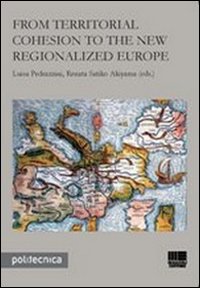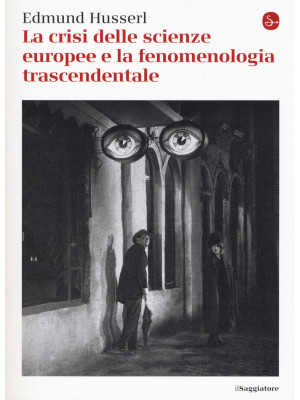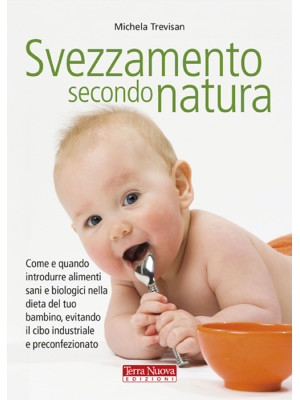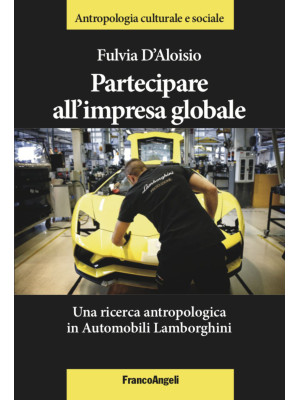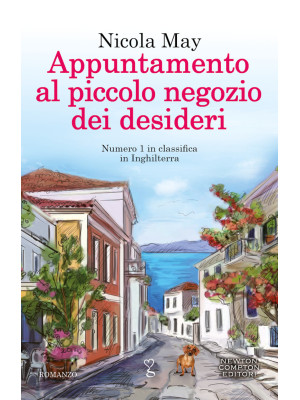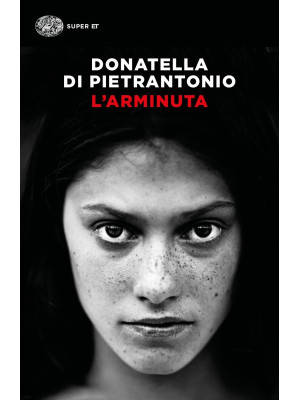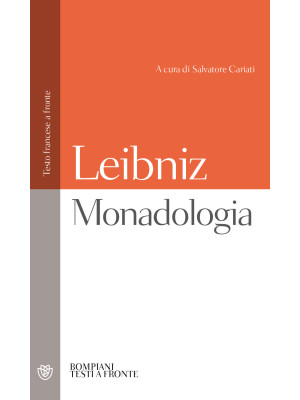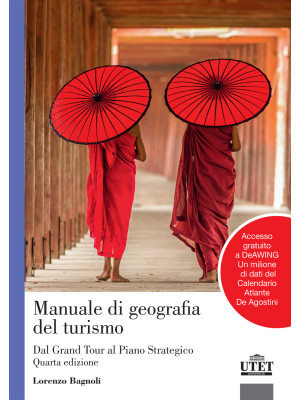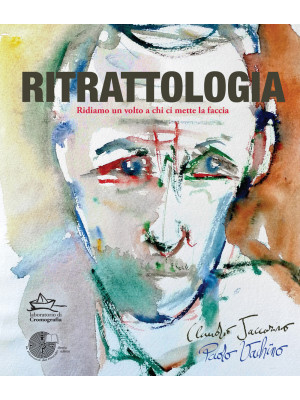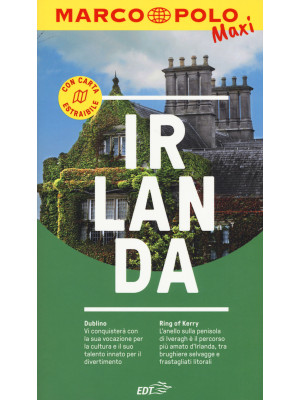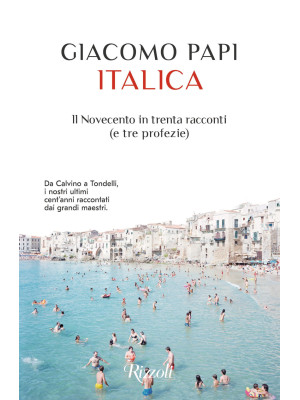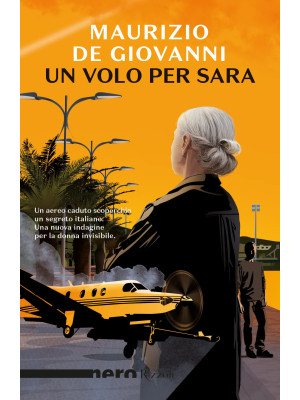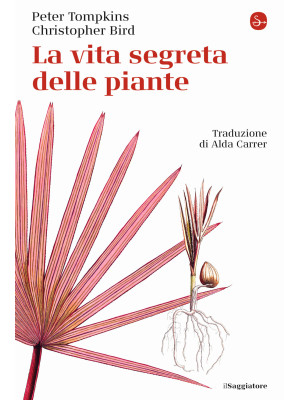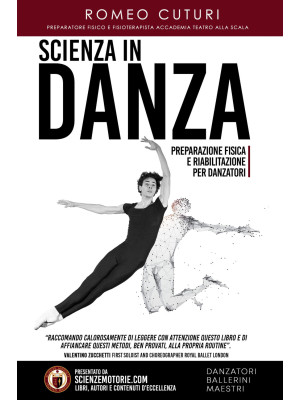Tab Article
The book is the result of a year of discussion and reflection promoted by Luisa Pedrazzini during the course , held in the PhD program Spatial Planning and Urban Development at the Politecnico di Milano in 2009-2010 an offered to all of Athenaeum's PhD courses. This volume collects the contributions from key opinion leaders in European spatial policies and selected research papers from PhD students. The common thread that connects all the contributions presented in the following pages regards the concept of Territorial Cohesion as a fundamental issue for promoting a harmonious development of the European territory, applied through the very different subjects threaded by the authors. Further, reflections refer to the new configuration that seems assuming Europe, where new macro regions, aggregated on the basis of their character and common problems overdriving administrative borders, are emerging. In this framework, the importance of regional and local govern role is rising to contribute with more effectiveness to an integrated Europe together with the influence of European Union's (EU) sectoral policies on European spatial configuration that has been growing for more than twenty years, so that in the European Treaty the term 'territorial cohesion', along with those related to economic and social issues, has become a concurrent matter between EU and Member States and represents.Luisa Pedrazzini, is architect and urban planner, Jean Monnet professor at Politecnico di Milano, teaching European Spatial Planning at Department of Architecture and Planning - Doctoral Programme in Spatial Planning and Urban Development . She is involved in many European Union projects (interreg iii, ivb, iiic) and she is project manager of transnational projects in the field of town and country planning, involved in many international working groups and committee on spatial planning (Metrex, arc, espon). She has a wide experience in territorial and spatial planning at regional and transnational levels. She has many italian and international scientific publications. At present she is manager at Regione Lombardia office Landscape planning. Renata Satiko Akiyama, is a brazilian architect with experience in urban planning and design in cities of Brazil and Mozambique. She is specialized in sustainable urban planning and inBrazilian environmental law. Since 2002 she has been working with the elaboration of urban projects and master plans with emphasis on community participation. Currently Renata is enrolled in the PhD Program of Architectural and Urban Design at Polytechnic of Milan where she collaborates with the laboratory of urban design. Her research interests are related to cultural identity, slum upgrading programs and urban development in developing countries.


